Átomo Capital Partners has been around for three years. Who are the founders and shareholders of the company and what was behind its creation?
Átomo Capital Partners has Portuguese partners, with Pedro Rutkowski as its founding partner who, as you know, has interests and investments in different areas such as real estate, venture capital, tourism, among others, and always with a focus on innovative solutions, seeking to anticipate market needs. Pedro invited me to start thinking about this project in 2018. We were fully aware of the importance of energy and sustainability issues and their transversal impact on all sectors of the economy. It was clear to us that the fact that we were exceeding the planet’s resource limits in conjunction with the climate emergency was a problem that would have to be solved on the basis of the financial system, with targeted investment in the right projects. That’s how we started, not as just another engineering office, but as a company that, understanding the new market circumstances, could look holistically to find solutions for the future, combining sustainable development with financial return – there doesn’t have to be a trade-off. This will be the only way for us as a society to overcome the challenge of decarbonisation.
What exactly is the utility scale service, which accounts for 70 per cent of Átomo Capital Partners’ turnover?
That’s precisely where we started. Before the first solar auctions in 2019, we realised that the market lacked an entity that could provide complete support to investors and electricity producers (many of them international). We started acting as project developers for these organisations which, having a great deal of technical experience in developing this type of project around the world, needed a professionally competent, highly demanding team with multidisciplinary characteristics that would enable the overall development of projects up to the ready-to-build (RtB) phase. This multidisciplinarity and flexibility means that we can start right at the beginning of the project with the verification of the land, simulations of electricity production, the layout of the power stations, through to the preparation of the electrical projects, environmental studies and all the other activities, right up to the engineering studies and projects required for licensing with all the authorities. This implies, of course, the relationship and involvement of organisations such as the DGEG, APA, CCDR, REN, municipalities, among others.
We earned the trust of some of the main players in the sector as early as the 2019 auction, and since then we have grown significantly.Today we have more than 900MW of projects at different stages of development.This success of Átomo Capital Partners has sparked interest from many other investors and energy producers, who are now also looking to us for support in M&A operations, including environmental, technical and licensing due diligence.
Within the utility scale, which energy source is most in demand: photovoltaics, CSP, onshore and offshore wind, hydrogen?
In this type of large-scale project, wind potential had begun to be developed years before and in 2018/2019 it was solar that was about to develop at great speed. It was, and it is. Although the speed of implementation is not exactly what has been happening.
As for offshore wind, the proposal for the possible location of future wind farms was recently put to a public hearing and an auction dedicated to this type of solution is planned for the near future.
Hydrogen, on the other hand, is a response to activities that cannot be electrified. We’re talking about certain industrial processes or mobility, especially heavy mobility. It’s been a big focus for the EU and the Portuguese government. We’ve also been involved in some hydrogen projects that we believe in very strongly, but it’s a technology that still requires some R&D effort and that’s why it’s receiving support from both the European Union and the Member States.
We believe that the transition in the energy sector will have to be multi-technological. There is no single solution to the problems, but we will have to use different complementary technologies, including storage, which I haven’t talked about, but which will play a fundamental role in correcting the intermittency associated with renewable production.
How has the area of electric mobility evolved? What is its weight in your turnover? What is the potential for growth in this area?
According to the European Automobile Manufacturers’ Association (ACEA), in 2022 around 14 per cent of all new vehicles registered in Europe were electric (100 per cent electric), with exponential growth expected by 2030, with a projection that by then 70 per cent of new cars on the market will be 100 per cent electric.
At Átomo Capital Partners we believe in the electrification of mobility, even if it can be complemented by other technologies for some sectors. This is a mature technology that is in the commercial phase and will expand greatly. Much remains to be done in most countries to meet the demand for vehicle charging. In this segment too, the network can be a problem, as can buildings that don’t have the capacity to cope with so much demand.
We have to be innovative and look for solutions, and these challenges motivate us. We have been developing some private charging projects and are now launching our own public charging pilot project. Turnover is still fairly immaterial, but we have been studying the sector for around two years, we have a structured business plan and we are currently negotiating with some investors who are familiar with the electric mobility sector in Europe and want to invest in Portugal. We hope to have news soon.
What about self-consumption? Is it growing?
Yes, self-consumption is growing rapidly and is one of Átomo Capital Partners’ big bets for 2023. With the goal of electrifying the economy in mind, it’s essential that production takes place close to consumption, avoiding the constraints of network capacity and reducing costs. National legislation has also been amended in recent years to accommodate more flexible solutions such as collective self-consumption and Energy Communities, allowing for more optimised and efficient solutions. There are still some serious problems in the licensing process, which will have to be resolved if the implementation of these projects is to be as swift as desired.
For whom are they developing “the largest self-consumption solar power plant in Europe, with around 45 MWp”? How much is the investment?
This is a fantastic solution for an electro-intensive customer in the mining sector. In fact, all the energy produced will be consumed, corresponding to a significant reduction in energy costs as well as tonnes of CO2 emitted, and it will correspond to an investment of around €30 million. The project is currently in the licensing phase and the layout solution has already been developed, taking into account the specific needs of this client, the space available and all the existing restrictions – topographical, environmental and legal. At the moment, the local authority has given its favourable opinion and the process is underway with the other entities.
How important is real estate to your business?
The property sector is responsible for more than a third of global CO2 emissions and must therefore be part of the solution. We believe that sustainable investment will really make a difference and that integrating ESG issues into investment strategies will be the only way to make the desired impact on the climate transition, without losing focus on financial return. Of course, there are challenges and market failures – a focus on the short term, unaccounted for negative externalities, or not accounting for future climate risks. But the financial sector is changing, and fast. To address these failures, measures are needed to establish criteria for defining what sustainable investment is, to create benchmarks and common, comparable forms of reporting. All this is underway, not least as part of the EU Action Plan, which aims to redirect capital flows, manage the financial risks associated with climate change and other environmental and social issues, as well as foster transparency and a focus on the long term. It is in this context that Átomo Capital Partners’ activity fits in, with an approach that supports investors, asset managers and developers in ESG issues, but in a way that is integrated into their overall investment strategy.
This is an increasingly relevant sector for Átomo Capital Partners and we have a highly qualified team.The assets in use that urgently need this alignment represent a large part of the portfolios under management in Portugal. We’re still in time to start making this transition without unexpected costs, namely by using BREAAM in-use certification processes, such as the one we’re carrying out on the Lisbon Towers, for example.
What major projects do you have in the pipeline for this year, in which areas, for which clients, and how much do they represent in terms of investment?
We have major projects in all areas, with the Utility Scale unit still representing a large part of our business. There we have around 900MW of projects underway, representing more than €600M in investment.
Within the various areas in which Átomo Capital Partners operates, which ones are you focusing on the most? Which ones could grow the most in the coming years?
Utility Scale is a mature area, but it will always be a focus, regardless of the technology. In fact, we’re aiming for accelerated growth this year, both in the area of self-consumption and in the property sector.
In the area of self-consumption, Átomo Capital Partners’ activity can be categorised as Energy as a Service, and the scope of services is much broader: not only do we design and develop the solutions, but we also build and operate them without capex for the client. Often, clients have no interest in allocating their available liquidity to non-core projects like these. In these cases, we can bring in the investment ourselves and we are in the process of structuring a fund of our own, which will allow more flexibility and speed in making the capital available.
In the property sector, all the issues related to sustainable finance will require a rapid transition, which we are in a position to support and which is also a major focus for Átomo Capital Partners for 2023.
What is the profile of your clients and what are these companies looking for when developing these projects? Are they large companies, SMEs, or a bit of everything?
Well, they have different characteristics depending on the area. Utility Scale projects are developed for energy producers who are very knowledgeable about the market and very demanding investors who know a priori what they want, and our role is basically to develop the whole process so that they can get there.
In the self-consumption sector, where I include collective self-consumption and energy communities, we’re basically talking about companies, many in the industrial sector and, given the characteristics of the Portuguese business fabric, they’ll mostly be SMEs. Here, the main concern is to reduce costs and, at a time when the cheapest way to produce electricity is with solar resources, the interest is obvious.
Are companies in Portugal more aware of and committed to decarbonisation? Are there incentives for this, in terms of European funds, for example? Or is reducing energy costs one of the main motivations companies have when they come to you?
The big incentive is, and in my opinion must be, the financial result. In other words, anyone who doesn’t act responsibly will suffer a negative impact on their results in the long term, and this will lead to mandatory awareness. It’s not a question of choosing between being responsible or making money, but rather realising that in the future, this will have to be the way to make a return.
To answer your question directly, the main motivation is to reduce costs in the short term, but the number of people who are starting to think and plan for the long term is already beginning to be significant, as they realise the enormous risks associated with inaction.
There are indeed some incentives from European funds, but they should, in my opinion, be channelled above all towards less mature technologies, towards updating and restructuring infrastructures, and towards modernising our institutions in order to speed up the licensing process, leaving the market to operate in the remaining cases.
What has been the demand for sustainability certifications (BREEAM; LEED; WELL…)? Why are they important for companies?
In the property sector, the clients are the project developers who want them to be attractive to investors, the asset managers who have an obligation to maintain the value of these assets and their attractiveness on the market, and also the tenants. However, this duty to report on the degree of sustainability of their activity is not exclusive to the financial organisations I mentioned earlier. Non-financial companies also have reporting obligations that have recently become more demanding, with the entry into force on 5 January 2023 of the Corporate Sustainability Reporting Directive (CSRD), implying that tenants are also more demanding with the spaces they occupy.
In fact, we use the benchmarks proposed within the framework of LEED, BREEAM and WELL certifications as a starting point, not only for obtaining an increasingly demanded ‘label’, but also for aligning assets with current ESG requirements and their continuous improvement.As part of this support, other benchmarking tools could also be used, such as GRESB or the carbon footprint accounting of buildings during the operating phase or even throughout the development and construction phase. In fact, this change is being made not because it is being demanded, but because those who don’t make it will run serious risks, namely of obsolescence, devaluation and illiquidity of their assets.
They grew by 30 per cent in 2022. What are the prospects for 2023?
We’ve always grown significantly, and for 2023 we’re aiming for growth of more than 50 per cent for Átomo Capital Partners.
Does Átomo Capital Partners share this market with many companies? How do you characterise this sector of activity at the moment in Portugal? Is there a lot of competition, many companies offering what Átomo offers?
Yes, of course, in the energy and sustainability sector there are a huge number of companies, it’s a sector that’s developing a lot and it’s a sexy business at the moment. There’s a lot of competition and there are companies in the various segments in which we operate that know how to do their job well. But in truth, we’re not so worried about quality, demanding competitors who know what they’re doing. What worries us more are those who don’t and end up discrediting the sector and damaging its development. On the other hand, we don’t think there will be many who offer exactly what Átomo Capital Partners offers its clients.
What do you see as Átomo Capital Partners’ competitive advantage?
Átomo Capital Partners is only present in the B2B segment and, as I said earlier, it is not an engineering company, although it incorporates these services into the development of projects, nor is it a construction company, although we build our self-consumption plants, nor is it a financial entity, although it is the concept of sustainable finance that drives us.
In this sense, Átomo Capital Partners is unique because it develops solutions, overcomes obstacles and creates opportunities that it can realise and implement according to the specific needs of its clients, in a customised way. This has been the key to our success – guaranteeing total, global and integrated support from start to finish. It is this unconditional, comprehensive, flexible and very fast support that has built customer loyalty and is our real competitive advantage. We are, of course, aware of the challenge we face with growth and the imperative need to maintain this level of service.
How many employees were you born with, how many do you currently have and how many do you expect to end the year with?
We started Átomo Capital Partners with two people and we currently have 15 employees, and we should reach the end of the year with around 20, not counting the sales team that will be expanding.
Is Portugal progressing well and are the right decarbonisation policies in place? What still needs to be done?
Portugal has evolved a lot and in the right direction. But there is still a long way to go. We have a fantastic solar resource which, along with Spain, is the best in Europe, but we are still a long way off the per capita installed power figures of countries like Germany, Belgium or the Netherlands. In fact, a few days ago Germany announced a very ambitious plan for solar technology, setting the goal of having 215 GW of solar installed by 2030. This means a tripling of what has been implemented annually, and to make this possible, the German government is also betting on increased investment in the Electricity Transmission and Distribution Networks, and on the manufacture of equipment by German industry.
Portugal, in this regard, has some serious problems related to the capacity of the electricity grid, as well as slow licensing processes. The EU has been putting a lot of pressure on licensing processes to become more agile, which has had an impact on national legislation, although not yet with any practical consequences. It’s a new legislative framework that we’ll have to see how it works out.
The objectives are clear, the market tools at our disposal are also starting to become clearer, but the challenges are immense and that’s what motivates us. Travelling and helping to make this journey is ultimately our mission.
Full interview with Miguel Subtil – Managing Director, which formed the basis of the article published in Dinheiro Vivo on 8th April 2023.



